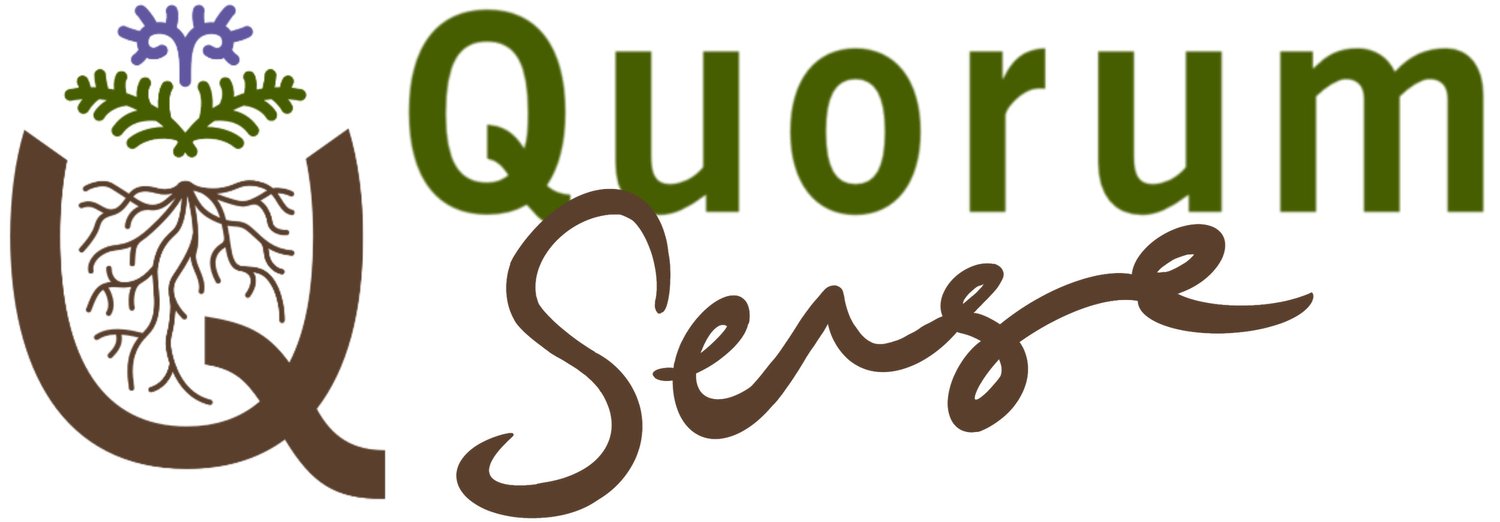Nick Gill
Nick Gill stepped down from the Quorum Sense Board in July 2023.
Growing up on the family farm in the Mid North of South Australia, Nick Gill has seen the evolution of farming in that environment from stubble burning and cultivation to no till seeding and full stubble retention. After completing study at Roseworthy College the plans to enter farming were changed when Nick met his now wife Angela (CE of Eat New Zealand) who convinced him the wine industry would be more fun that commodity cereal farming! Now 24 vintages later Nick has worked across most wine regions of Australia and made the leap to NZ after doing a permaculture design course where the soils and water component highlighted key differences between Australia and New Zealand. With a young family on the way Nick and Angela decided Aotearoa would be the place to stand as salinity, erosion and climate change became more identifiable risks in the early 2000’s.
Since moving to NZ in 2004 Nick has established the award winning Greystone Vineyard and moved from Viticulturist (growing vines) to General Manager (growing people). The vineyard and winery is certified organic and when Nick and team worked on how to “do things better” was when Regenerative Agriculture popped up on the radar. “I feel like there are so many ways we can improve how we grow and make wine and under an organic framework does have its challenges but that’s OK! As a team we’ve tackled the unknown before and we’re working on trials integrating diverse pastures and animals in the vineyard to learn what difference it makes and adjust from there. It’s exciting to be part of something making a difference”. When Nick isn’t at Greystone you will find him on The Food Farm which is a highly diverse 6 ha block that the family of five works together and produces most of their own food from.
The small lifestyle blocks currently occupying large areas of highly productive ground in NZ and other countries could easily contribute more to their owners, the community, the food supply system and cultural and social networks. The Food Farm runs courses on planning, growing, harvesting and storing food at small scale (without large machines). The Food Farm is following a meandering path set by the farm plan which all family members had input to. Our hope for the future is The Food Farm will be an inter-generational small farm.
"I didn’t catch the question, but the answer is diversity."
Attributed to Charles Massey (author of 'Call of the Reed Warbler')










